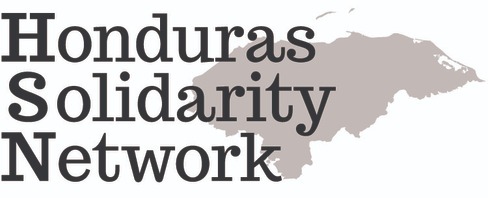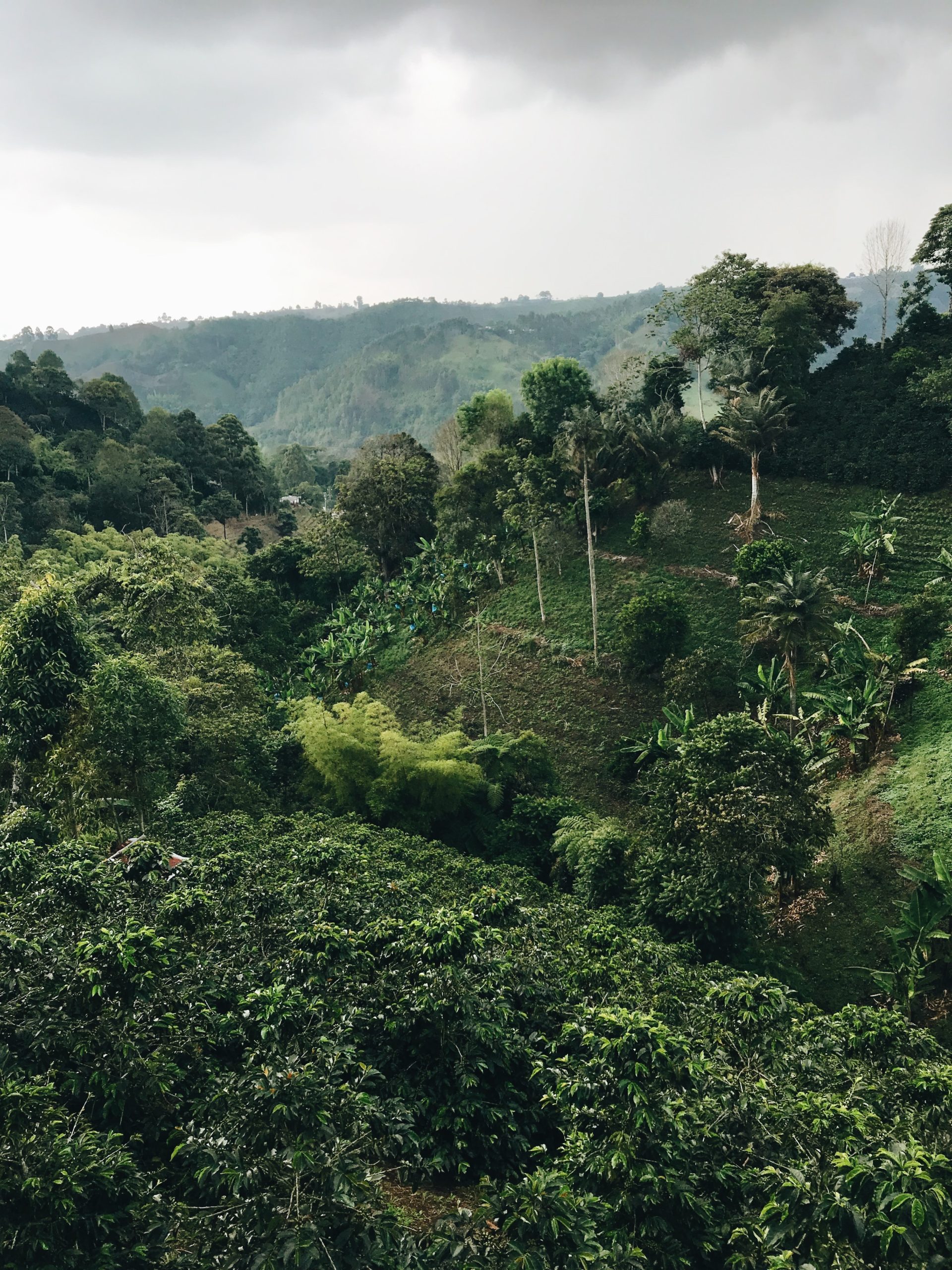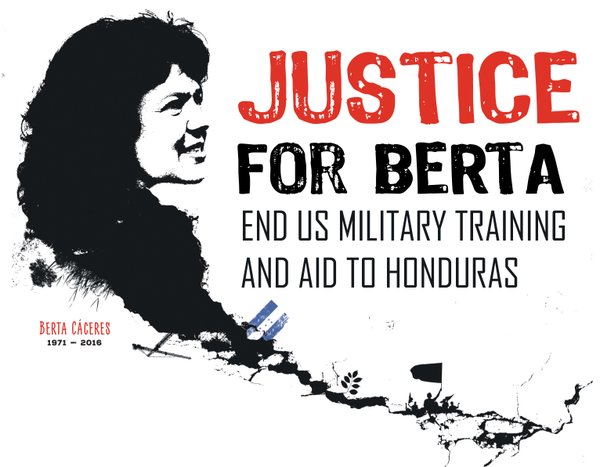(Leer en español)
Colombia’s government is moving closer to reinstating a program, suspended in 2015, that would spray herbicides from aircraft over territories where coca is cultivated. Twenty-five U.S. and Colombian organizations have joined on this letter to President Joe Biden urging him to avoid supporting a renewed “fumigation” program, succinctly laying out the reasons why this would be an unfortunate policy mistake. The letter was shared with the White House on March 26.
March 26, 2021
President Joseph R. Biden, Jr.
The White House
Washington, DC
Dear President Biden,
We write out of strong concern about the imminent restart of a program that your administration is inheriting from its predecessor: an effort to eradicate coca in Colombia by spraying herbicides from aircraft. We encourage you not to provide funding for this program, which not only failed to achieve past objectives, but sends a message of cruelty and callousness with which the United States should no longer be associated. It will undermine the peace accords that are a powerful legacy of the Obama-Biden administration.
Aerial fumigation can bring short-term reductions in the number of acres planted with coca. But past experience shows not only that these gains reverse quickly, but that the strategy undermines other U.S. and Colombian security objectives. Recurring to fumigation is like going back in time, ignoring much that we have learned about what does and does not work.
Many of our organizations have published studies documenting the harm that fumigation has done in the past. The December 2020 report of the U.S. government’s bipartisan Western Hemisphere Drug Policy Commission found that forced eradication brought “enormous costs and dismal results.” Just since the end of February, we have seen strong critiques of forced eradication and fumigation from the International Crisis Group; the Ideas for Peace Foundation, a Colombian business sector think tank; a list of over 200 scholars, and seven UN human rights rapporteurs.
Between 1994 and 2015, a U.S.-backed program supported a fleet of aircraft, and teams of contract pilots and maintenance personnel, that sprayed the herbicide glyphosate over 4.42 million acres of Colombian territory—a land area 3 1/2 times the size of Delaware. In 2015 the Colombian government suspended the spray program, citing public health concerns based on a World Health Organization study finding glyphosate to be “probably carcinogenic to humans.”
For a few years afterward, the Colombian government failed to replace the strategy with anything—neither eradication nor assistance to affected areas. During the late 2010s, Colombia’s coca crop increased to record levels. Nearly all of the increase happened in the exact municipalities and communities where fumigation had been heaviest. After 20 years of constant eradication, farmers continue to face the same on-the-ground reality.
Most Colombian producers of the coca bush are not organized crime-tied criminals or supporters of illegal armed groups. They are families with small plots of land. Estimates of the number of families who make a living off of coca vary from “more than 119,500” to 215,000. If one assumes four people per family, then more than 2 percent of Colombia’s 50 million people depend on coca. Households earn about $1,000 per person per year from the crop, making them by far the lowest-paid link in the cocaine supply chain.
They live in “agricultural frontier” zones where evidence of Colombia’s government is scarce. Paved or maintained roads are nonexistent. The national electric grid is far off. There is no such thing as potable water or land titles. In some areas, even currency is hard to obtain, and stores offer the option of paying for groceries with coca paste.
These people need to be governed and protected by their state. An aircraft flying anonymously overhead, spraying chemicals on populated areas, is the exact opposite of that. But the program has other important disadvantages:
- Because it targets poor households in ungoverned areas, chemical fumigation sends a message of cruelty, and associates that message with the United States. Your administration is steadily working to undo the Trump administration’s cruel migratory measures, which imposed suffering on a weak, impoverished population at the U.S.-Mexico border. We ask that you also avoid returning to “deterrence though cruelty” in rural Colombia.
- Like any eradication without assistance, fumigation further weakens governance and threatens to worsen security in Colombia’s ungoverned territories, where illegal economies and armed groups thrive. Forced eradication, especially when uncoordinated with efforts to physically bring government services into territory, sends families from poverty to extreme poverty, with no official help in sight. This hurts the government’s legitimacy in frontier areas where it badly needs to be built up.
- After perhaps a short-term drop in cultivation, fumigation is not effective at reducing the coca crop. Past experience shows a high probability of replanting and other means of minimizing lost harvests, in contexts of absent government and few alternative crops.
- Fumigation goes against what Colombia’s 2016 peace accord promised. That document’s first and fourth chapters offered a blueprint for reducing illicit crops: first by engaging families in substitution programs, and then by carrying out a 15-year “comprehensive rural reform” effort to bring state presence to rural areas. Fumigation was meant to be a last resort, for circumstances when families were refusing opportunities to substitute crops and when manual eradication was viewed as too dangerous. Rushing to fumigate is a slap in the face to brave farmer association leaders who took the risky step of defying traffickers and leading their communities into the fourth chapter’s crop substitution programs.
- Similarly, fumigation risks large-scale social discord in rural Colombia. In 1996, after the program first got started, much of rural Colombia ground to a halt for weeks or months as mostly peaceful coca-grower protests broke out around the country. Today, farmers are even better organized than they were 25 years ago.
- Fumigation, meanwhile, may carry risks for human health and the environment. The 2015 WHO document is one of many studies that give us reasonable doubts about the health impacts of spraying high concentrations of glyphosate over populated areas from aircraft. Bayer, the company that purchased glyphosate producer Monsanto, has agreed to settlements with U.S. plaintiffs potentially totaling over $11 billion—another reason for reasonable doubt. While the environmental impacts are less clear, glyphosate’s own labeling warns against spraying near standing water sources, and we are concerned about its use in proximity to rainforest ecosystems. The largest environmental impact, though, is likely to be the way many past farmers have responded after losing crops to fumigation, while remaining in a vacuum of government presence: they move somewhere else and cut down more rainforest to grow coca again.
- Like all forced eradication unaccompanied by assistance, fumigation is dangerous for the eradicators themselves. In 2013, not long before the program’s suspension, FARC guerrillas shot down two spray planes within the space of two weeks. While planes and their escort helicopters will be more armored than before, the vulnerability remains. Eradication is far safer when it is agreed with communities by a government that is physically present in its own territory.
In March 2020, Donald Trump met with Colombian President Iván Duque and told him, “You’re going to have to spray.” The country’s highest court has required Duque’s government to meet a series of health, environment, consultation, and other requirements. Colombia’s Defense Minister is now predicting that the spraying could restart in April.
This time, U.S. Ambassador Philip Goldberg has stated, the U.S. role in the program won’t be as extensive. Still, during the Trump administration, the State Department supported maintenance of the spray plane fleet, upgrades to bases, and training of eradication personnel, among other services. State Department reports sent to Congress in late February and early March hailed fumigation’s imminent restart as a sign of progress.
Nonetheless, we reiterate our hope that the Biden administration will turn away from supporting Colombia’s spray program while there is still time. The United States should not support aerial fumigation in Colombia again. Nor does it have to. We know what to do.
Farmers with land titles hardly ever grow coca. Farmers who live near paved roads hardly ever grow coca. Criminal groups are badly weakened by proximity of a functioning government that is able to resolve disputes and punish lawbreaking.
This is a longer-term project, but Colombia’s 2016 peace accord offered a good blueprint for setting it in motion: a fast-moving, consultative crop substitution program, tied to a slower-moving but comprehensive rural reform program. Though those programs exist and parts of the Duque government are carrying them out diligently, they are underfunded and well behind where they should be as accord implementation enters its fifth year.
It’s not too late to help Colombia jumpstart the model offered by Colombia’s peace accord, which the Obama-Biden administration so effectively supported. We urge you to take that path instead of that of renewed fumigation, which we know to be a dead end.
Sincerely,
- Amazon Watch
- Center for International Environmental Law
- Centro Estudios sobre Seguridad y Drogas, Universidad de los Andes (Colombia)
- Chicago Religious Leadership Network on Latin America
- Colombia Human Rights Committee
- Consultoría para los Derechos Humanos y el Desplazamiento (Colombia)
- Corporación Viso Mutop (Colombia)
- Drug Policy Alliance
- Elementa DD.HH. (Colombia/Mexico)
- Fellowship of Reconciliation: Peace Presence
- Healing Bridges
- ILEX Acción Juridica (Colombia)
- Institute for Policy Studies, Drug Policy Project
- Institute on Race, Equality, and Human Rights
- Latin America Working Group
- Mennonite Central Committee U.S. Washington Office
- Missionary Oblates
- Oxfam America
- Oxfam Colombia
- Presbyterian Church (USA), Office of Public Witness
- Presbyterian Peace Fellowship
- Proceso de Comunidades Negras (Colombia)
- United Church of Christ, Justice and Witness Ministries
- Washington Office on Latin America
- Witness for Peace Solidarity Collective



